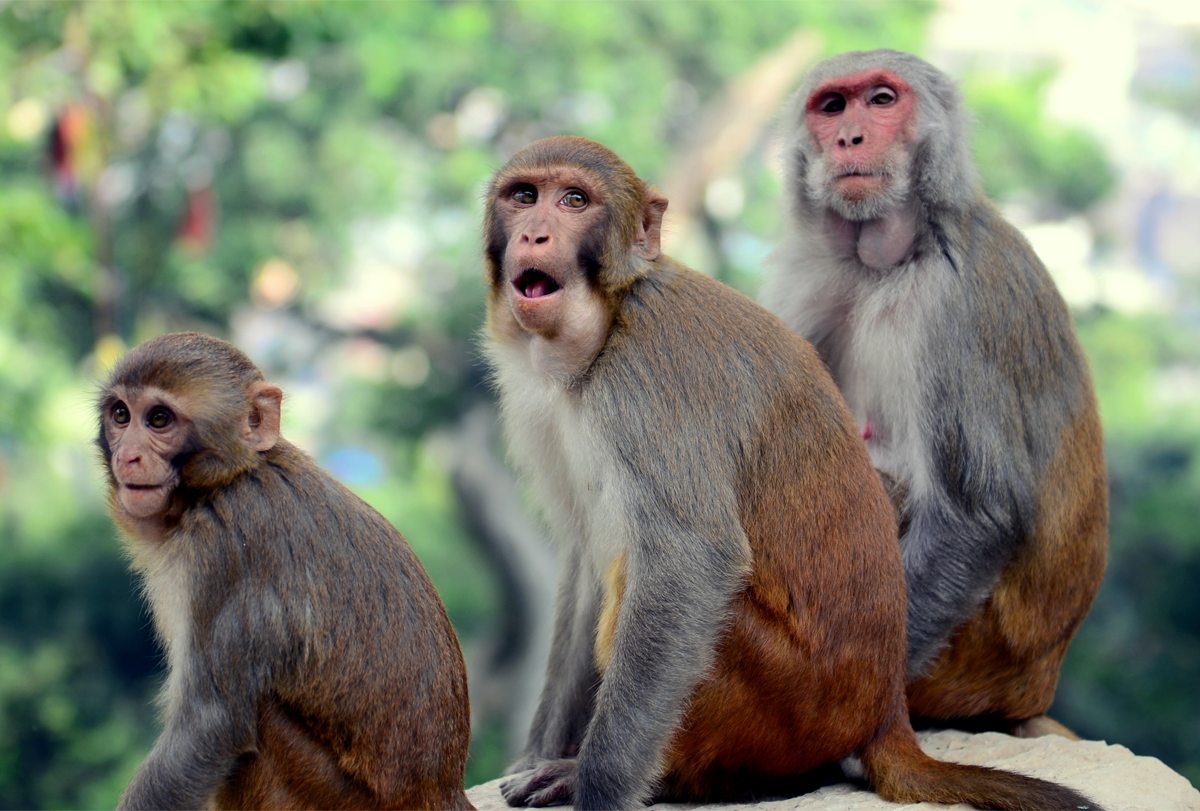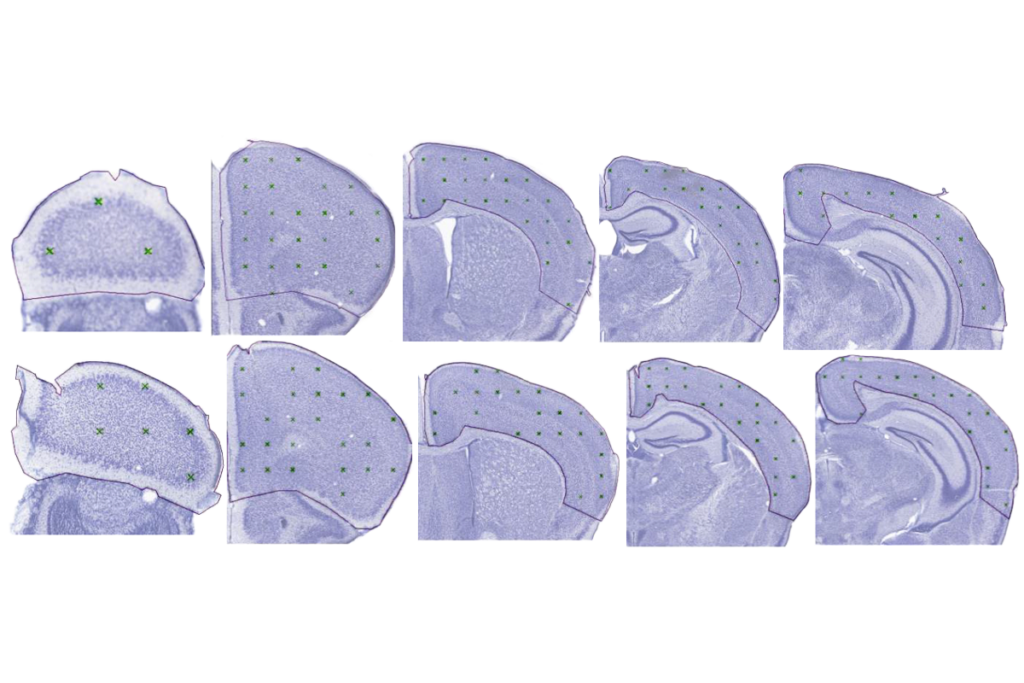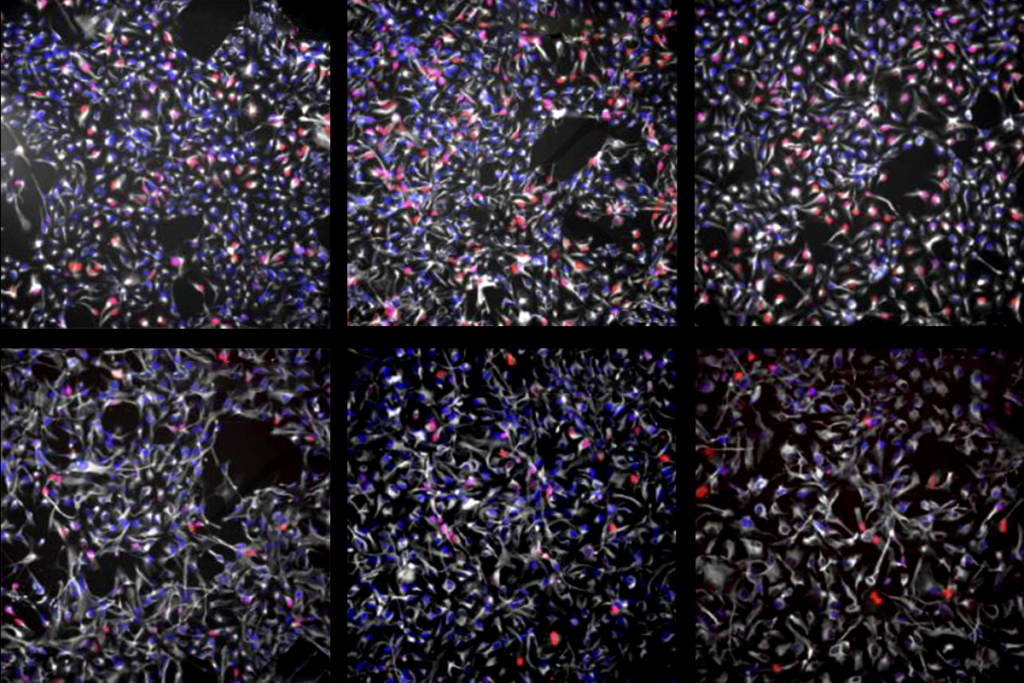In rhesus monkeys, social activity in males appears more strongly linked to a father’s genes than a mother’s, a new study suggests.
The findings may reveal clues to sex differences in the heredity of social behavior in people, the study authors say.
Autism is highly heritable. Some studies published since 2017 estimate that a person’s propensity for autism as a result of genetics is in the range of 64 to 85 percent.
Some parents may pass down more autism traits than others. Analyzing people who have half-siblings on both the mother’s and father’s side enables researchers to estimate the genetic contributions of fathers and mothers to each child, but this family structure is rare in human societies.
In the new study, the researchers focused on rhesus macaques. These monkeys breed promiscuously in ways that consistently generate both paternal and maternal half-siblings. They also display significant variability in social behavior.
“We could exploit the rhesus macaque breeding system to pose questions in this species that simply would not be possible in humans,” says co-lead investigator Karen Parker, professor of psychiatry and behavioral sciences at Stanford University.
T
he scientists examined 407 male rhesus macaques at the California National Primate Research Center in Davis. They focused on male monkeys because of how, in humans, autism is roughly four times more common in boys than girls.Over the course of about a decade, the researchers analyzed behaviors such as grooming and playing in the primates’ home enclosures and how often each monkey spent time alone. They also examined the macaques’ ability to recognize and respond to faces of other monkeys. In addition, they rated monkeys’ social abilities on a macaque version of the Social Responsiveness Scale, a tool that measures autism traits in people.
By comparing the behaviors of each male macaque with those of his half-brothers, the scientists discovered that about 77 percent of the heritability of social function comes from fathers. In contrast, mothers only accounted for roughly 31 percent. Similar findings were seen in full siblings compared with half-siblings that shared only a father, supporting the importance of the paternal genetic contribution to social function.
“Because mothers’ genetic contributions were significantly lower than fathers’ genetic contributions, this points to Y-linked genes or maternally silenced autosomal genes, or a complex blend of the two in producing sons’ phenotypes,” Parker says.
Parker cautions that although rhesus macaques are close relatives of humans, it remains uncertain how much they can provide insights on autism. “Rhesus monkeys do not have autism,” Parker stresses.
In the future, Parker and her colleagues want to replicate their findings with more monkeys at other national research centers. They also want to look at half-sibling daughters to seek out a similar or different pattern, as well as examine prior research that has linked genes to autism in people.
“The obstacle I foresee is that it has been difficult to secure funding for this sort of genetic work in monkeys,” Parker says. “Funding agencies have told us that we should just do the work in people. But I think the fact that our study design in rhesus monkeys would not have been feasible in humans — yet it was critical for revealing such an interesting finding — could provide grounds for revisiting this.”
The scientists detailed their findings online 21 July in the journal Molecular Autism.





